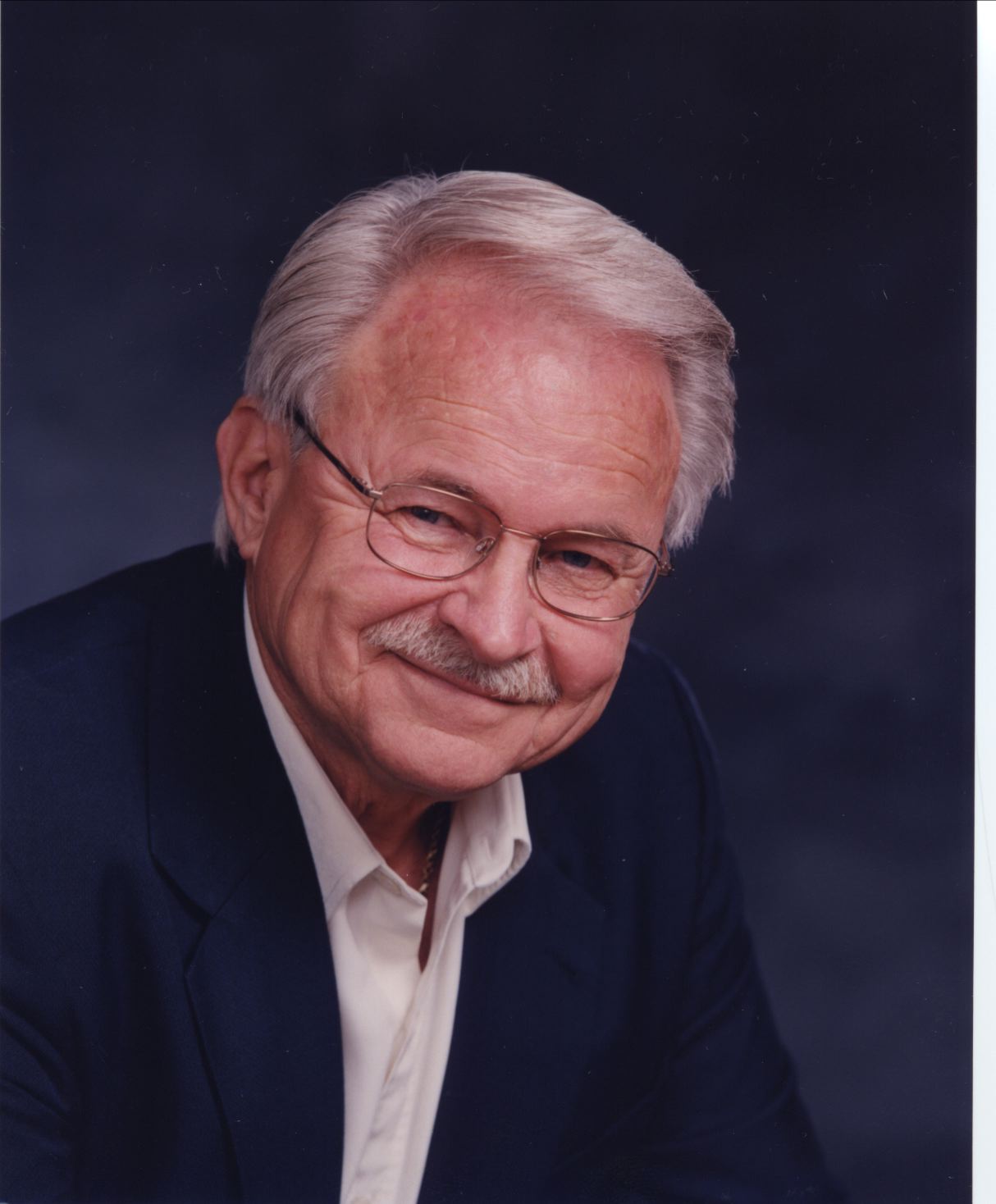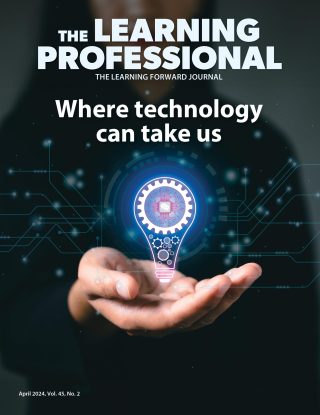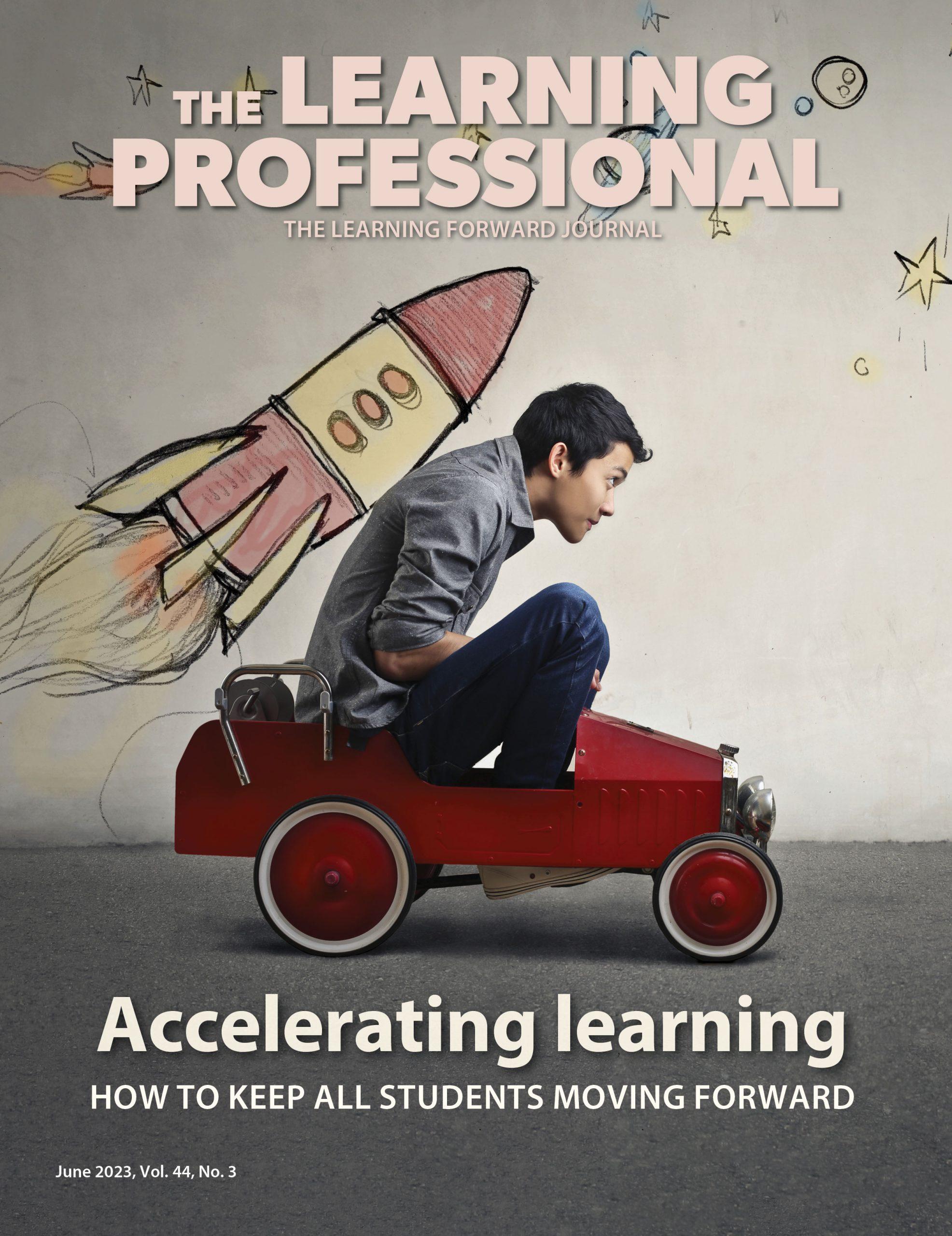VOICES
What We've Learned
Respectful disagreement closes the gap between points of view
By Robert J. Garmston and Kendall Zoller
February 2018
Vol. 39 No. 1
Read the remaining content with membership access. Join or log in below to continue.
Sed ut perspiciatis unde omnis iste natus error sit voluptatem accusantium doloremque laudantium, totam rem aperiam, eaque ipsa quae ab illo inventore veritatis et quasi architecto beatae vitae dicta sunt explicabo. Nemo enim ipsam voluptatem quia voluptas sit aspernatur aut odit aut fugit, sed quia consequuntur magni dolores eos qui ratione voluptatem sequi nesciunt. Neque porro quisquam est, qui dolorem ipsum quia dolor sit amet, consectetur, adipisci velit, sed quia non numquam eius modi tempora incidunt ut labore et dolore magnam aliquam quaerat voluptatem.
References
Brooks, D. (2017, October 23). How to engage a fanatic. The New York Times. Available at www.nytimes.com/2017/10/23/opinion/engaging-fanatics.html?_r=0.
Carter, S. (1998). Civility: Manners, morals, and the etiquette of democracy. New York, NY: Harper Collins.
Maeli, J. (2016, March 28). The backfire effect: The more your beliefs are challenged the stronger they become [Web log post]. Available at https://thepoliticalinformer.com/the-backfire-effect.
Sharot, T. (2017). The influential mind: What the brain reveals about our power to change others. New York, NY: McMillan.

Robert J. Garmston (fabobg@gmail.com) is an emeritus professor of education administration at California State University, Sacramento, and co-developer of Cognitive Coaching and Adaptive Schools.

Kendall Zoller (kvzoller@sierra-training.com) provides professional development in presentation and facilitation skills, leadership, and communicative intelligence.
Recent Issues
TAKING THE NEXT STEP
December 2023
Professional learning can open up new roles and challenges and help...
REACHING ALL LEARNERS
October 2023
Both special education and general education teachers need support to help...
THE TIME DILEMMA
August 2023
Prioritizing professional learning time is an investment in educators and...
ACCELERATING LEARNING
June 2023
Acceleration aims to ensure all students overcome learning gaps to do...











